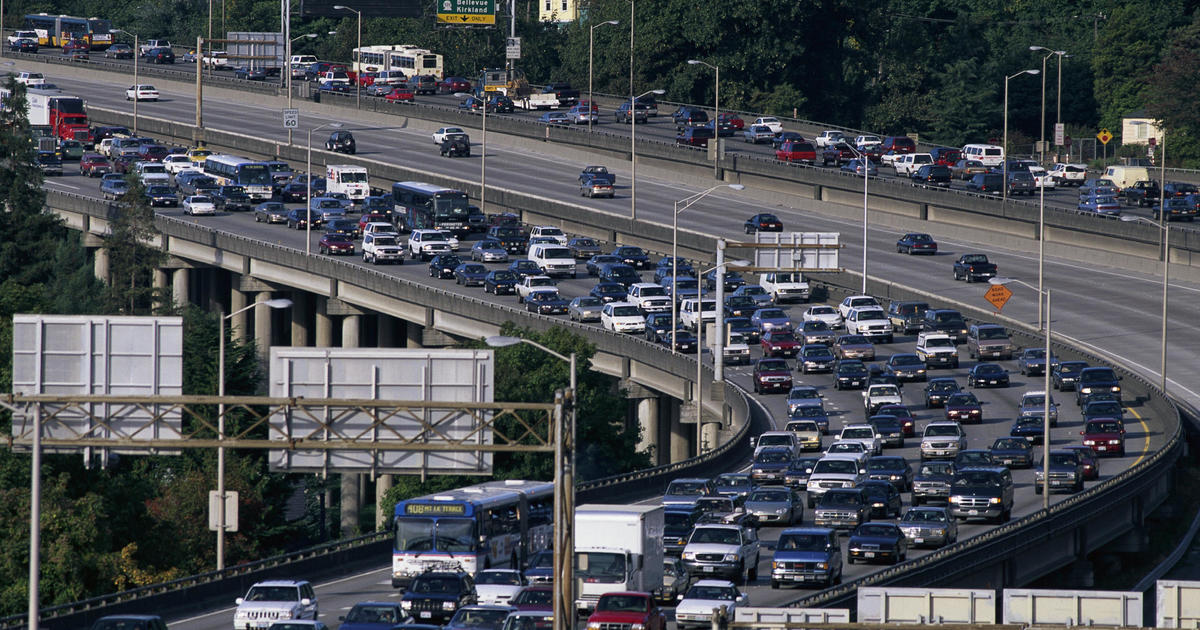Encountering traffic congestion and facing consecutive red lights not only causes frustration and stress but also has negative impacts on the environment. However, a major U.S. city is taking steps to address this issue by harnessing artificial intelligence in collaboration with a leading software company.
Juliet Rothenberg, an official from Google, is leading an effort to enhance the efficiency of traffic signals while minimizing disruptions.
During an interview with CBS News, she stressed the significance of even minor timing adjustments in producing substantial outcomes.
Google is globally optimizing traffic signals through its innovative Project Green Light, utilizing its extensive mapping data and AI technology. The process involves suggesting modifications that are then evaluated and executed by municipal engineers.
Laura Wojcicki, a transportation specialist at the Seattle Department of Transportation, shared a case where a strategic alteration in traffic flow during specific hours resulted in a noticeable reduction in stop-and-go congestion within a short four-hour timeframe.
Wojcicki highlighted that implementing Google’s suggestions typically only requires five minutes.
The initial phase of Project Green Light covers 70 roadways across 13 cities worldwide, with 30 million vehicle visits quarterly, positioning Seattle as the pioneering American participant. Google anticipates a potential reduction of up to 30% in stop-and-go traffic for the cities involved.
The project’s implications are significant, impacting both individual commuters and emissions, as outlined by Wojcicki.
She emphasized that nearly half of vehicle emissions at intersections arise from cars accelerating after a standstill. Considering the transportation sector’s substantial contribution to carbon emissions in the U.S., Google aims to reduce these emissions by 10%, a noteworthy achievement in the battle against climate change.
Wojcicki underscored the crucial role of road infrastructure in addressing environmental issues.
Google offers this service free of charge and envisions expanding it to numerous municipalities, heralding a “green revolution” for drivers.






